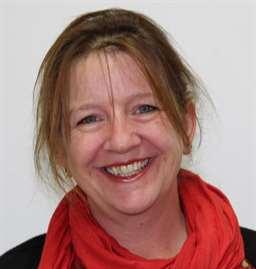
What is Infection Prevention Control (IPC)?
My role is about stopping the development or spread of infection at The Children’s Trust.
What sort of infections are we talking about?
Before COVID-19, my main concerns were usual childhood infections such as chickenpox, water-safety like the prevention of legionella, and stopping highly-contagious illnesses like norovirus.
What do you do to stop infection?
It’s not something you can do on your own.
I write guidelines, set out procedures and train staff and volunteers in IPC. This can be quite basic such as washing hands and deep cleaning. But I cover subjects like antimicrobial resistance and the use of antibiotics too.
How has COVID-19 affected your job?
Massively. On top of our own safety guidelines, we have COVID-19 guidelines that are continuously being updated. Every aspect of what we do all over the UK, from therapy sessions at Tadworth to home visits by our community teams, had to be re-evaluated and revised to keep everyone safe.
Can you give us a couple of examples of your response to COVID-19?
Sure, we immediately shielded residential children allowing them to stay in small bubbles with dedicated staff members, who are tested at least twice weekly for COVID-19. And when our charity shops re-opened I advised on the safe, social-distancing measures needed inside the stores.
What’s been the toughest moment for you?
To reduce the risk of transmission we’ve had to limit visits to children living at Tadworth. Though parents can come if they test negative for COVID-19, sadly no siblings are allowed on site. It’s so hard to put rules in place that keep families apart.
What’s been the best moment in recent months?
When the sun came out last week, the children went out into the grounds in their bubbles. Watching out of my window, seeing them play and laugh, it almost felt like things were normal again.

